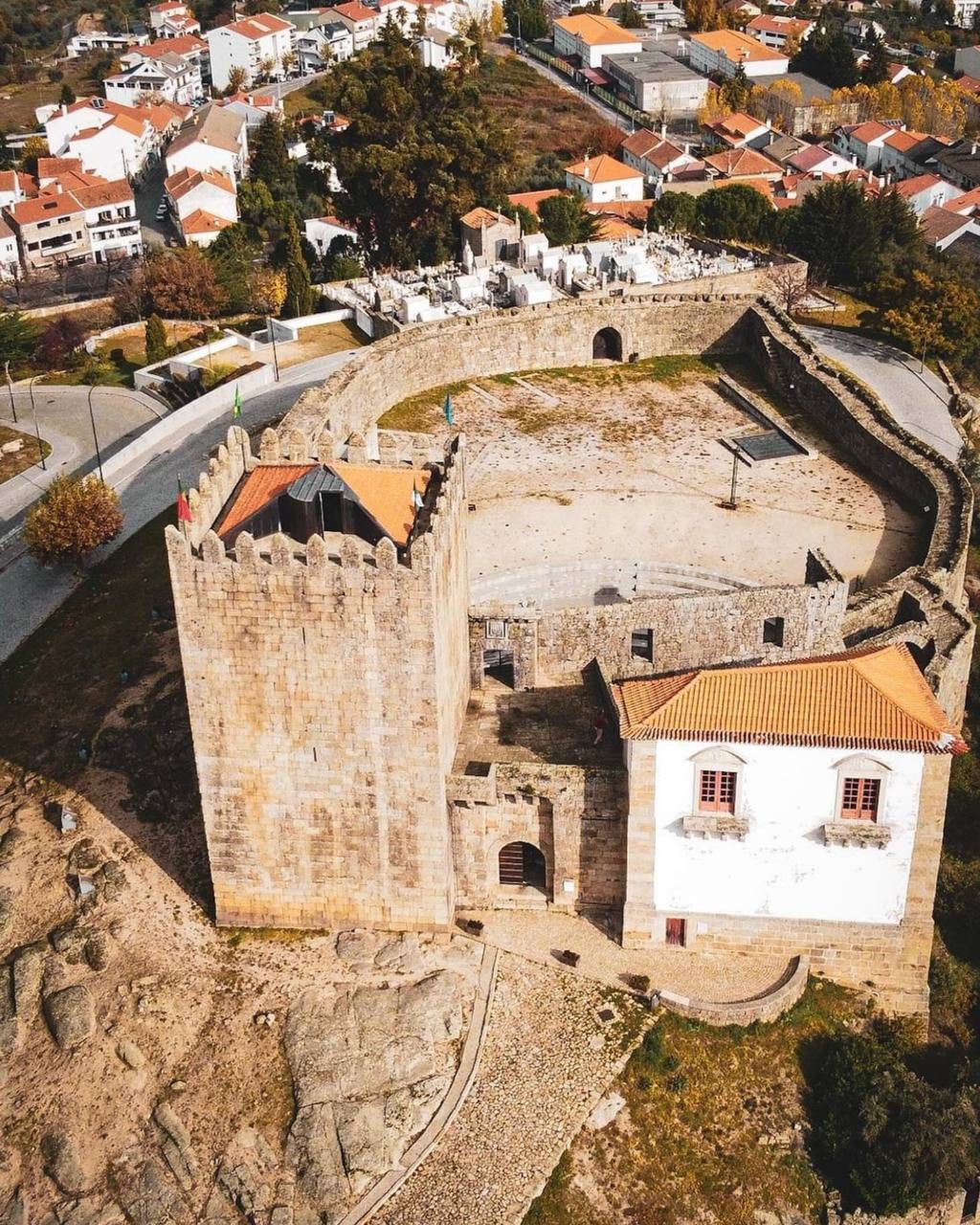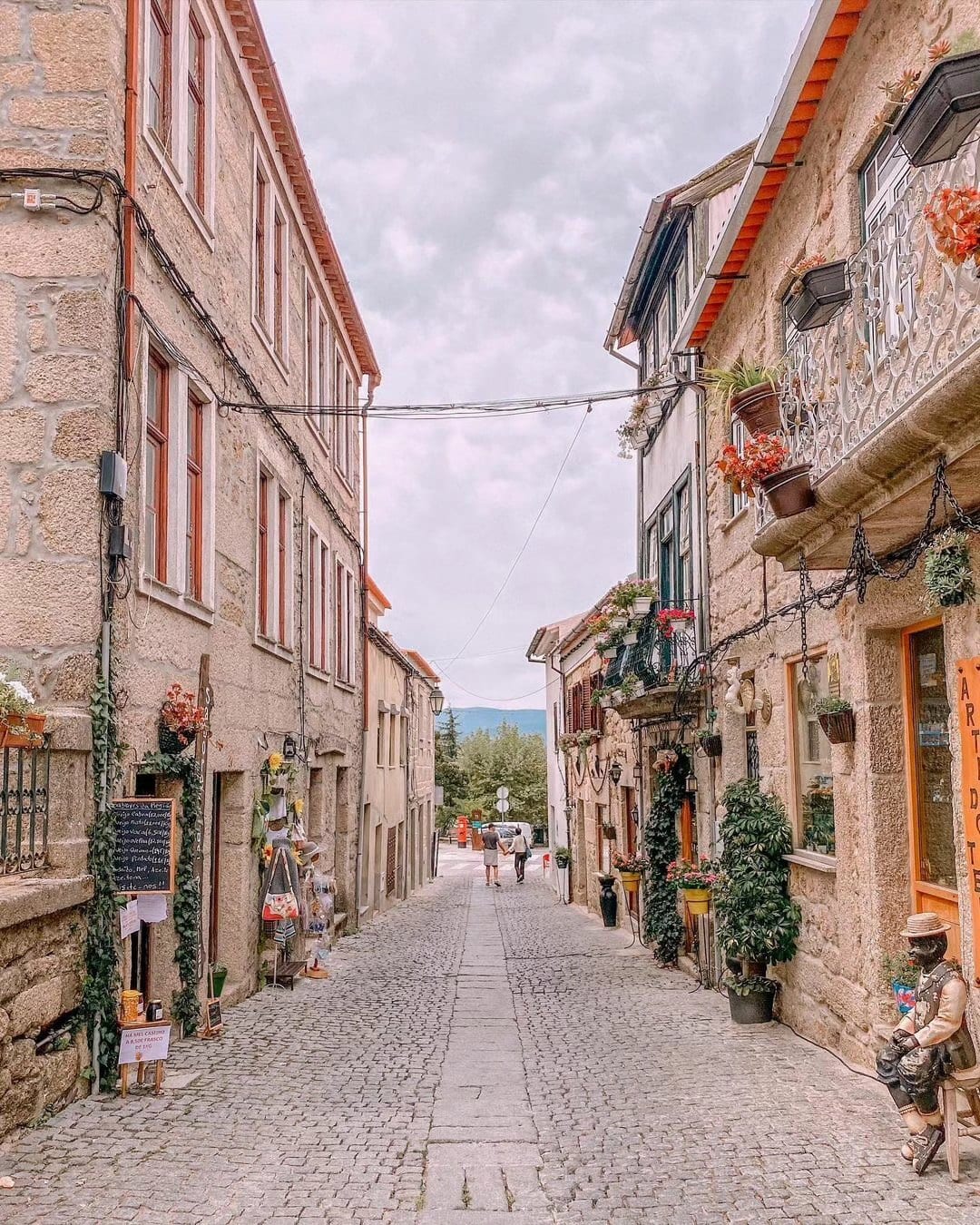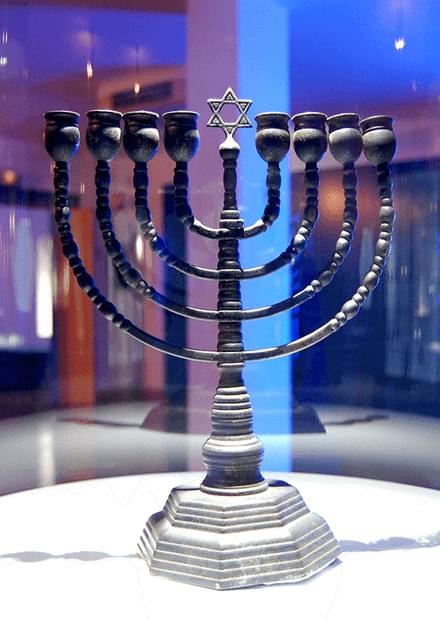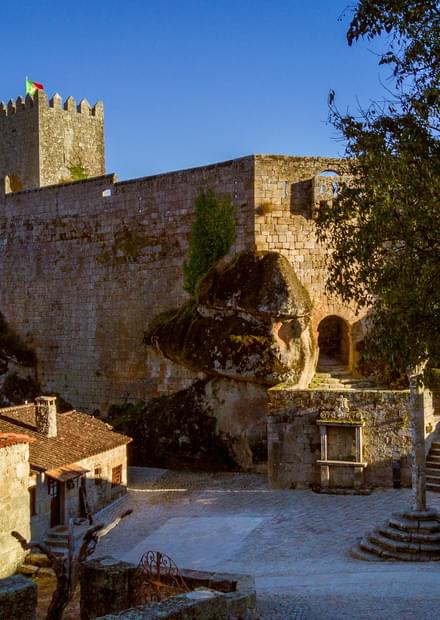After the border was defined, Belmonte Castle progressively lost its strategic importance and the population began to grow outside its walls. During the reign of King Alfonso V, this land was given to Fernão Cabral, the Captain-General, who turned the great castle into a manor house. The fortification which still exists today consists of a keep, part of the old town hall, known as Paço dos Cabrais, and a modern open-air amphitheatre, fully incorporated into the walls.
Pedro Álvares Cabral, the third son of the Captain-General, is, without a doubt, the most well-known Belmonte native in History. King Manuel chose him as captain to the second armada to India, but Álvares Cabral discovered Brazil after a journey of 43 days and he became the most prominent figure of the Age of Discovery.
Also important in this town is the Jewish tradition which still lives on. Following the non-tolerance politic of the Catholic Kings, King Manuel issued a law which ordered all Portuguese Jews to convert to Christianity. If they refused, they would be forced to leave the country. Belmonte was one of the towns chosen as place of refuge by a small group of Sephardic Jews who had refused to leave the realm and who kept their Jewish teachings for over five centuries.
In Belmonte, you should visit:
- The castle, especially its Manueline window, a true granite gem from which you can see Serra da Estrela.
- The Discoveries Museum;
- The Jewish Museum;
- The Zêzere Eco museum;
- The Olive Oil Museum;
- The Romanic town of Fórnea;
- The Old Belmonte Jewry, with its synagogue and Jewish cemetery;
- Santiago Church and the Cabrais Pantheon.























